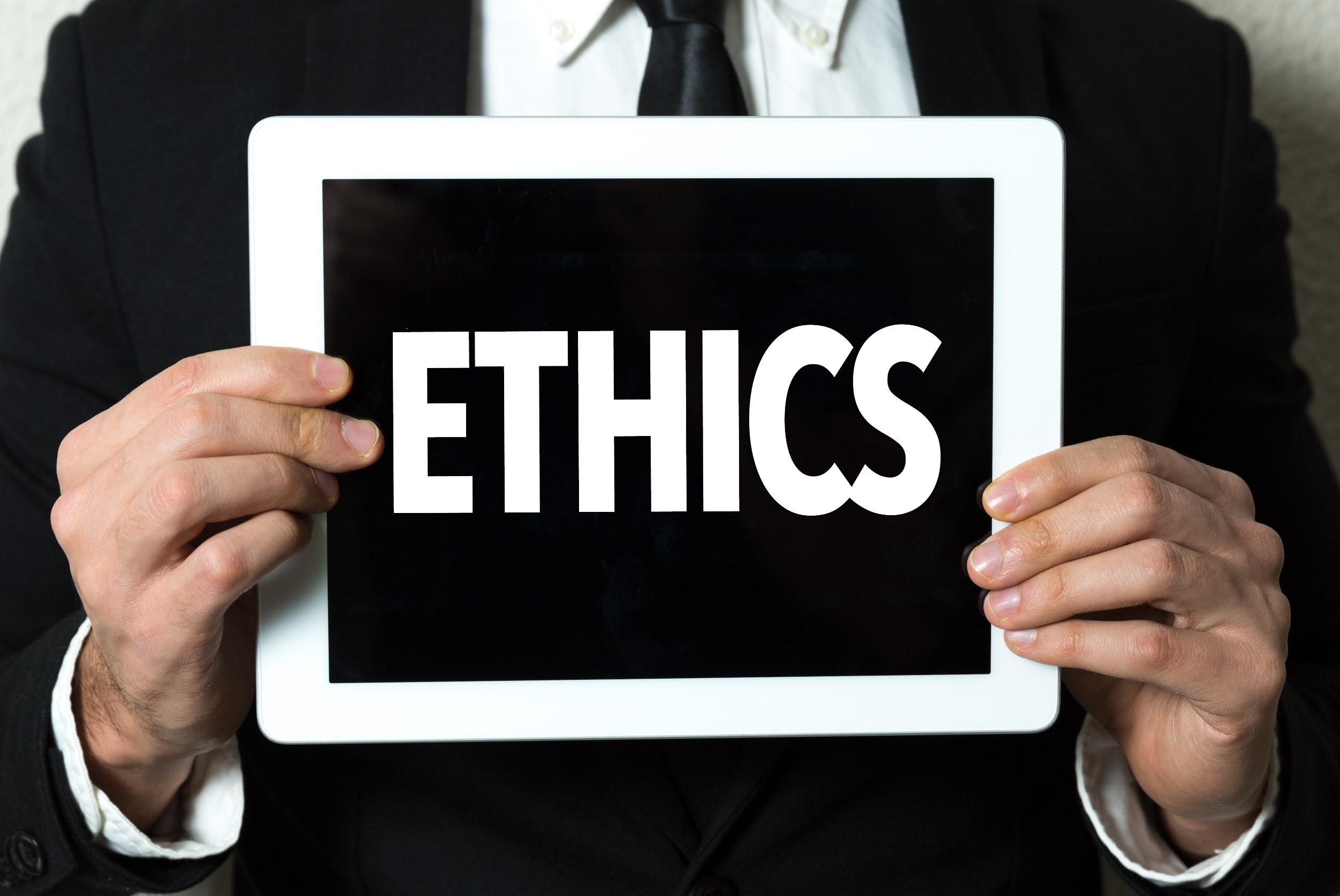Ethical leadership in today’s modern workplace
- HRM Asia Newsroom

When I was a kid, my father taught me, “If you’re going to play, play fair!”
He meant this, not only in sports, but also in school. If you win, you win because you played fair. You do not cheat in sports, and you do not cheat in school. And I have taken this into my adult life, as a leader and in business.
I remember also, in 2005 at The Italian Open in Rome. It was the finals and Andy Roddick was playing Fernando Verdasco. It was match point and Andy Roddick was one point away from winning the title. Verdasco faulted on his first serve. And then he apparently double faulted on his second serve, as the judge declared. The match would have been over, and Roddick would have been champion. Then to everyone’s surprise, Roddick pointed out that Verdasco’s serve was in and the match should continue. He somehow felt, as my father taught me, “If you’re going to play, play fair!” The end result of the match was that Verdasco won, but Andy Roddick left with so much more. The admiration and the integrity that he displayed on that day will go down in history as one the most sporting and ethical actions ever taken.
This got me thinking then, as an award-winning author, keynote speaker on leadership and executive coach to C-Suite leaders, what is “ethical leadership” in the context of today’s modern workplace, why is ethics important in leadership, what are the key pillars of good ethical leadership and what can organisations do to embrace and sustain ethical leadership in terms of dos and don’ts?
“Ethical leadership” in the context of today’s modern workplace
I would define “ethical leadership” as the practice of guiding and managing an organisation with integrity, transparency, fairness, and respect for all stakeholders. It involves leading by example and setting a strong model of behaviour through your actions, decisions that prioritise the wellbeing and benefit of all employees, customers and the community, and fostering a culture of accountability, sustainability and trust.
The first piece of this definition is that it is a practice. This does not mean that it is tick-the-box exercise, “I am an ethical leader, I am done.” Rather, it is through the conscious and deliberate mindset and behaviour demonstrated on a consistent daily basis that is the foundation of “ethical leadership.” It is done through every action and every decision, every thought and every feeling that a leader has.
The importance of ethics in leadership
Ethics is important for both the human aspects of the modern workplace, as well as the business or corporate aspects of an organisation.
Human aspects:
Ethical leadership builds trust among employees, customers, and partners, which is essential for effective collaboration and long-term success. Employees are more engaged, motivated, and loyal when they work in an environment where they feel decisions are fair and they are respected and valued. This then fosters authentic relationships, which builds a high-performing culture, a mentally healthy work environment and a rewarding and satisfying employee and customer experience for all.
 “Ethical leadership builds trust among employees, customers, and partners, which is essential for effective collaboration and long-term success.” – Grant ‘Upbeat’ Bosnick, Award-winning Author and Keynote Speaker.
“Ethical leadership builds trust among employees, customers, and partners, which is essential for effective collaboration and long-term success.” – Grant ‘Upbeat’ Bosnick, Award-winning Author and Keynote Speaker.
Business or corporate aspects:
Ethical leadership enhances the organisation’s reputation, making it more attractive to top talent, investors, and customers. It helps in identifying and managing risks proactively, preventing scandals, legal issues, and financial losses. Moreover, by focusing on ethical practices, organisations can achieve sustainable growth that benefits not only shareholders but also society at large.
The key pillars of good ethical leadership
I recently presented a keynote talk at a sustainability conference in Kuala Lumpur and earlier this year at another sustainability conference in Singapore on the topic Tomorrow’s Leader: Bridging Personal Integrity with Global Sustainability. At the start of my talk, I pulse-checked the audience with the question: What does integrity mean to you? The answers that follow echo some of those that they shared, plus others that I presented, as well as some specifically added for this article.
- Integrity: Adhering to moral and ethical principles, ensuring consistency between words and actions.
- Transparency: Communicating openly and honestly with all stakeholders, sharing information, and making decisions visible.
- Fairness: Treating all employees and stakeholders equitably, providing equal opportunities, and avoiding favouritism.
- Respect: Valuing the rights, opinions, and dignity of all individuals, fostering psychological safety and an inclusive and diverse environment.
- Empathy: Understanding and considering the perspectives and needs of others, and leading with compassion.
- Accountability: Holding oneself and others responsible for actions and outcomes, and being willing to admit mistakes and learn from them.
- Sustainability: Making decisions that consider long-term impacts on the environment, society, and future generations.
- Trust: Being trustworthy, through character, care, competence and consistency; and building trust among all employees, customers, partners and other stakeholders at all levels.
What organisations can do to embrace and sustain ethical leadership in terms of dos and don’ts
Dos:
- Lead by example: Demonstrate ethical behaviour in all actions and decisions, setting a strong example for others to follow.
- Establish clear values and policies: Define and communicate the organisation’s core values and ethical standards through policies, codes of conduct, and training programmes.
- Encourage open communication: Create channels for open dialogue where employees feel safe to express concerns, provide feedback, and report unethical behaviour without fear of retaliation.
- Recognise and reward ethical behaviour: Acknowledge and reward employees who demonstrate ethical behaviour, reinforcing the importance of ethics in the workplace.
- Foster a culture of accountability: Ensure that leaders and employees at all levels are held accountable for their actions and decisions.
READ MORE: Transformative leadership: Be the inspiring leader your team wants
Don’ts:
- Compromise on values for short-term gain: Prioritising short-term profits or goals over ethical principles can lead to long-term damage to the organisation’s reputation and success.
- Ignore unethical behaviour: Failing to address unethical actions can erode trust and undermine the organisation’s values.
- Show favouritism: Treating individuals unfairly or with bias can create a toxic work environment and diminish morale.
- Neglect employee wellbeing: Focusing solely on financial performance without considering the well-being of employees can lead to burnout, disengagement, and high turnover.
- Fail to lead by example: Expecting ethical behaviour from employees while exhibiting unethical behaviour as a leader creates confusion and undermines the credibility of the leadership.
By adhering to these pillars and implementing these practices, organisations can create a culture of ethical leadership that not only drives success but also builds trust, loyalty, and respect among all stakeholders.
About the author: Grant ‘Upbeat’ Bosnick is an award-winning author and keynote speaker. Looking to transform your leadership behaviours and organisational culture? Learn how the right partner and the right solution can deliver value to your organisation and your people. Click here to find out more.
For more news and analysis on the latest HR and workforce trends in Asia, subscribe to HRM Asia and be part of the region’s largest HR community!






